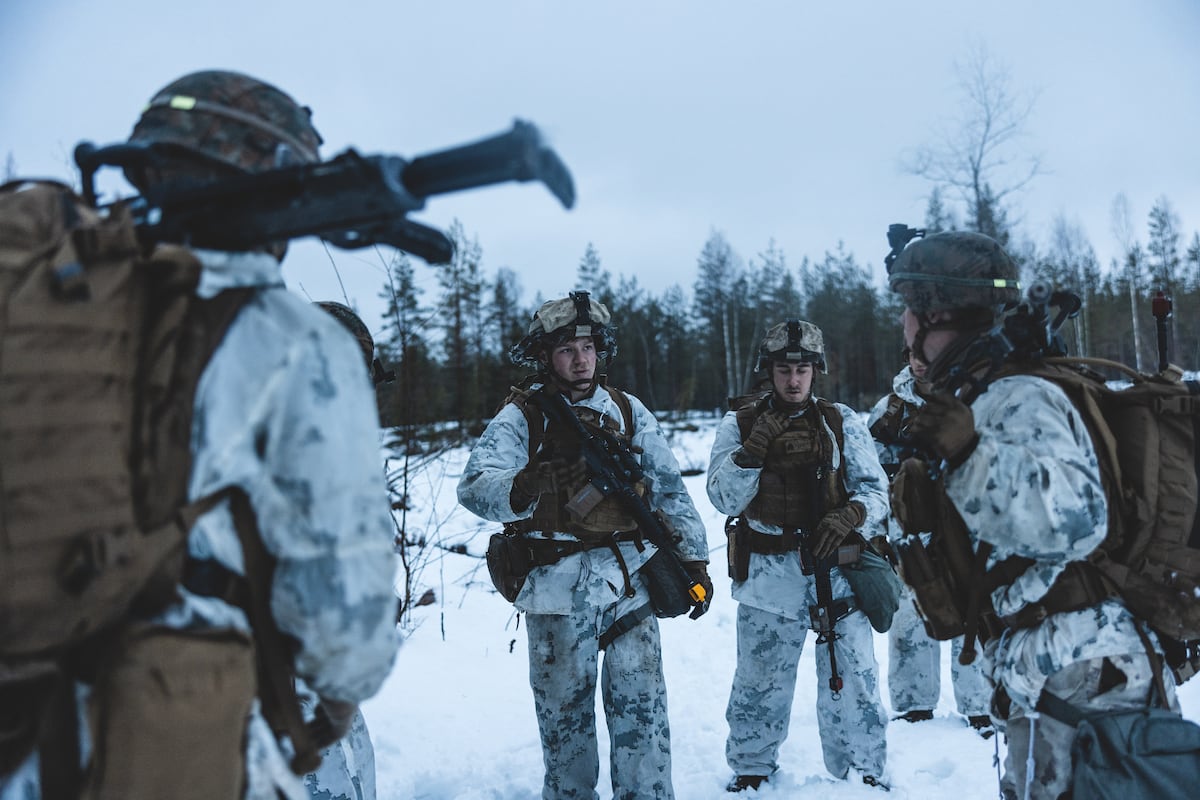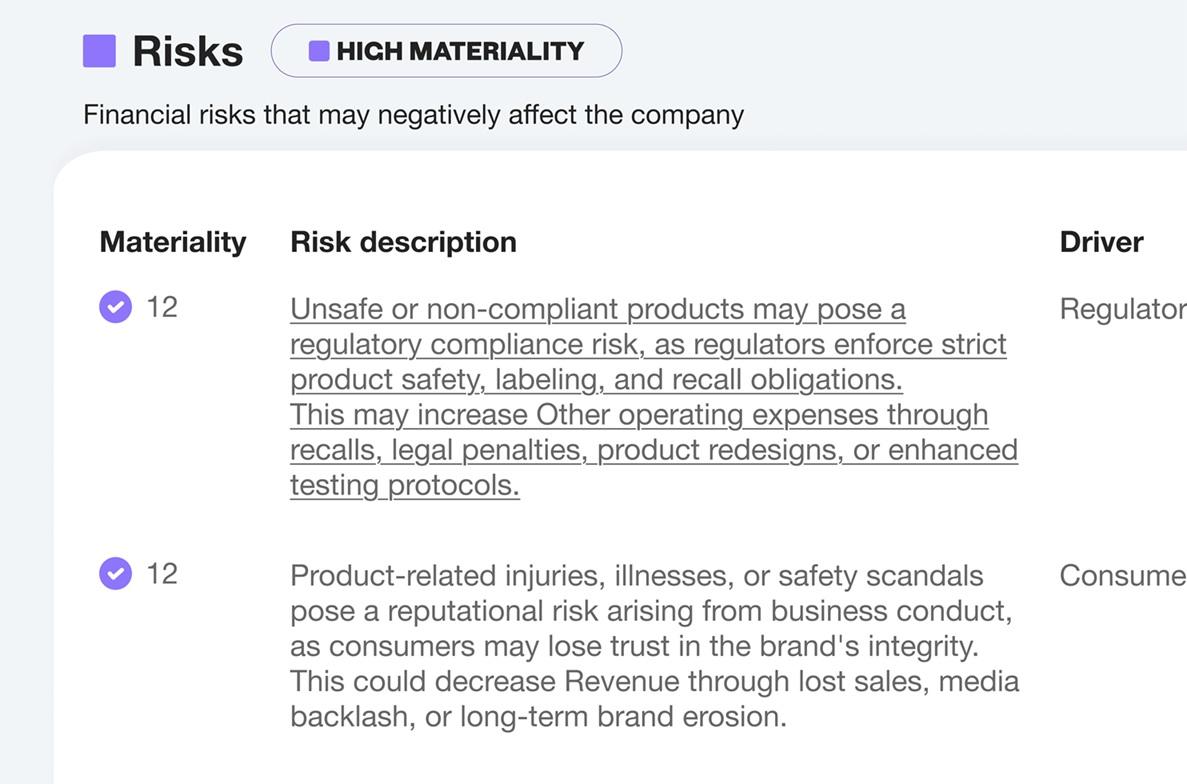The evolving geopolitical landscape in the Arctic is increasingly alarming, particularly due to the burgeoning military cooperation between China and Russia. As the U.S. grapples with the implications of this partnership, military officials emphasize the need for enhanced resources and strategic planning in the region. Iris A. Ferguson, the deputy assistant secretary of defense for Arctic and Global Resilience, highlighted that China's ambitions extend beyond military presence to include scientific research initiatives, which could bolster its economic foothold in the Arctic. This collaboration is underscored by recent joint military exercises, such as those conducted in the Bering Strait, raising concerns about the implications for U.S. national security and regional stability.
The Pentagon's 2024 Arctic Strategy articulates a clear response to these challenges, advocating for increased military readiness and collaboration with allies. The strategy underscores the necessity of routine training exercises and a persistent presence in the Arctic to deter potential threats and ensure the security of international waterways. As climate change continues to alter the region's accessibility, the U.S. must adapt its approach, leveraging partnerships with northern European allies to counterbalance the strategic maneuvers of China and Russia. The urgency of these developments necessitates a proactive stance to safeguard U.S. interests in a rapidly changing Arctic environment.








